
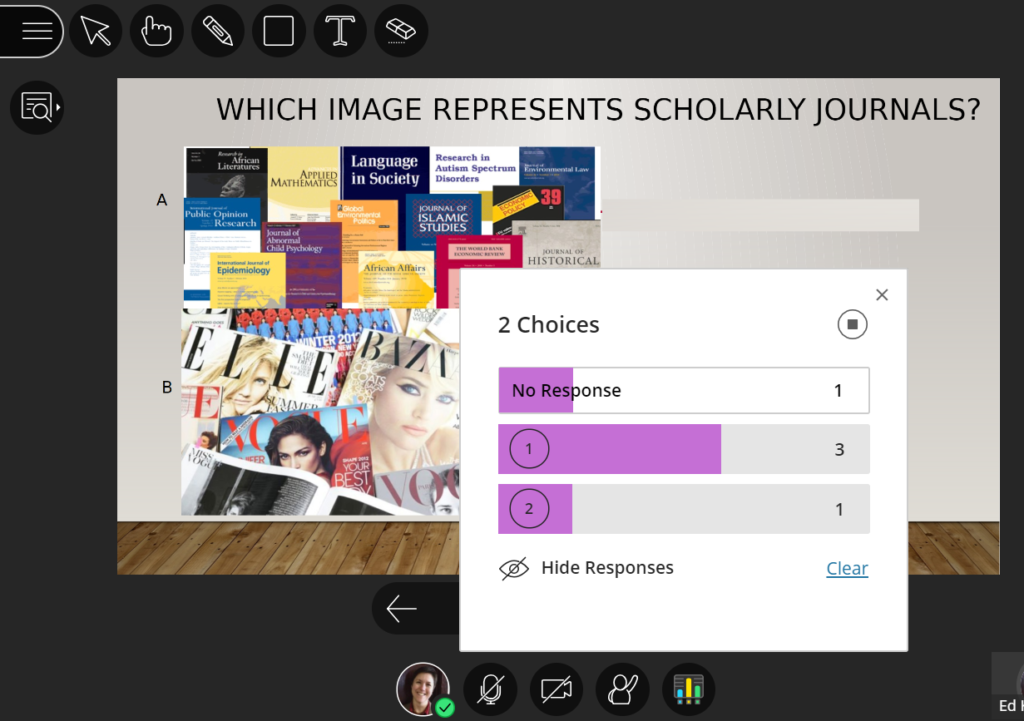
A moment after describing Davenport University Real Time Virtual (RTV) learning as “different from traditional online courses,” Kriss Ferluga stops and smiles about what she’s just said. “I guess it’s still a little weird to use the term ‘traditional online,’” she admits.
Yet, for Ferluga, co-director of The Center for Teaching Excellence and faculty developer for delivery systems for the global campus, that term demonstrates how much progress has been made in technology-enabled learning in a relatively short time. RTV courses are the newest option available to DU students and faculty. First offered in the fall semester of 2016, they’ve been gaining momentum ever since.
RTV is a hybrid of in-seat and online learning. Unlike traditional online classes that are available to students on demand anytime, RTV classes occur on scheduled days at scheduled times, just as if they were being held in a bricks-and-mortar classroom. However, RTV students and the professor connect to all class sessions virtually via computers, tablets or even their smartphones. This means they can attend from home, their workplace, anywhere on any DU campus, in airports or hotels when traveling – essentially from any place that has a broadband Internet connection. There’s even at least one instance when someone participated in an RTV class while hospitalized.
Hosted in the Blackboard Learn Web conferencing system, RTV class sessions can include lectures, whiteboard explanations, Powerpoint presentations, file sharing, discussions, group projects and tests – in short, all the components of a robust learning environment. If students need to be absent or review, they can easily access a recorded version.
Professor Tammy Stachowicz, who with Ferluga co-directs The Center for Teaching Excellence, is among DU’s most passionate RTV advocates. For her, it’s both personal and professional. She pursued her undergraduate degree while helping balance her husband’s career and business, and also being a parent. Having to drive an hour each way to attend classes made her realize how valuable distance learning could be for anyone facing challenges that may stand in the way of their getting the education they want.
“I realized how few resources there were for non-traditional students 25 years ago,” she says. “I got my master’s degree in Family Studies and Anthropology and I realized I loved teaching. I came across a lot of students that were a lot like I was as a student: first-generation college students with families.”
At the same time, RTV also appeals to the growing number of “digital natives” – people who are immersed in technology as a way of life so they prefer and expect to leverage it as an educational tool, as well.
Many colleges and universities now offer online classes, but far fewer offer real-time programs like RTV. Providing this opportunity further distinguishes Davenport as a progressive institution that’s attuned to the fast-emerging needs of today’s students and faculty.
Typically, 260 to 280 DU students now take RTV classes each semester in about 70 sections that comprise almost 10 percent of the curriculum.
“I don’t think we’re even close to the saturation point,” says Ferluga. “As we get more and more faculty to go through the training, I think we’re going to see more and more classes being offered in this way.”

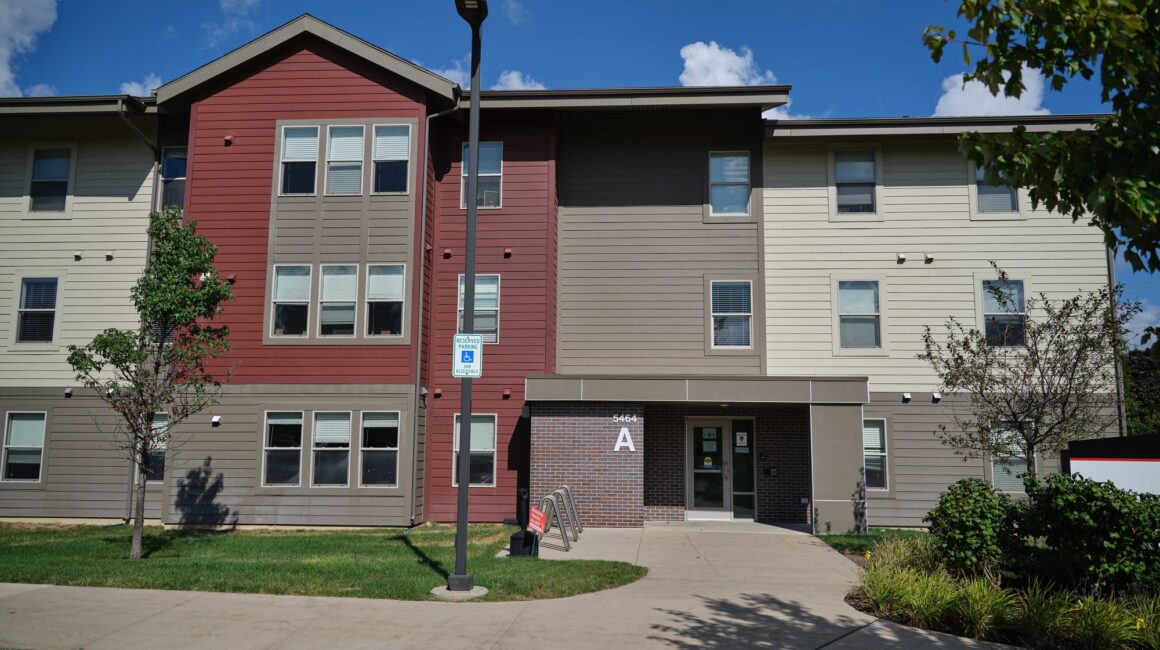
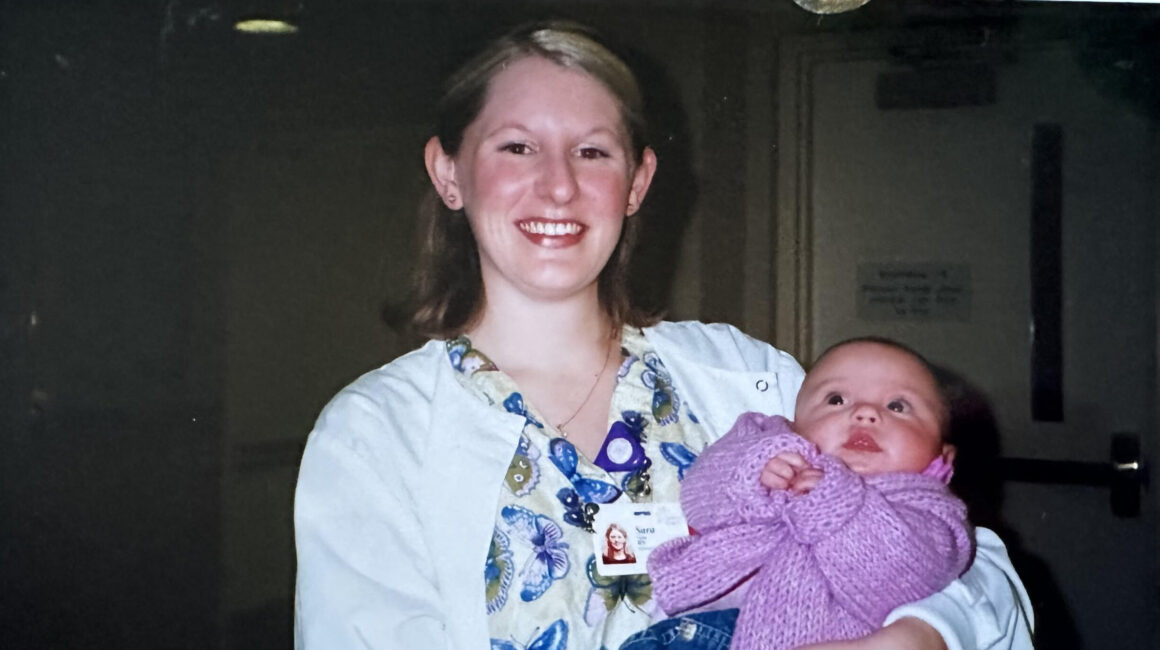
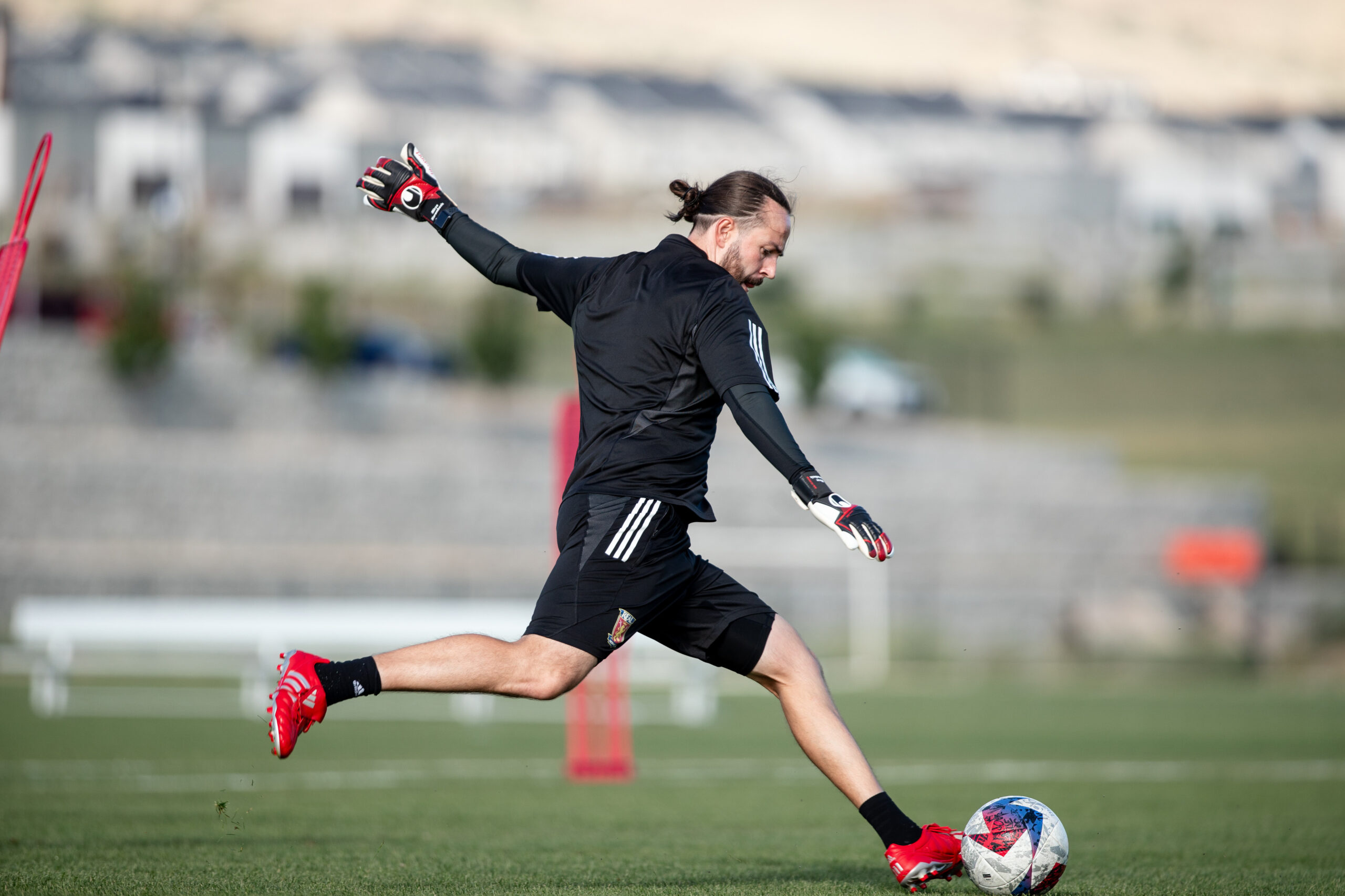
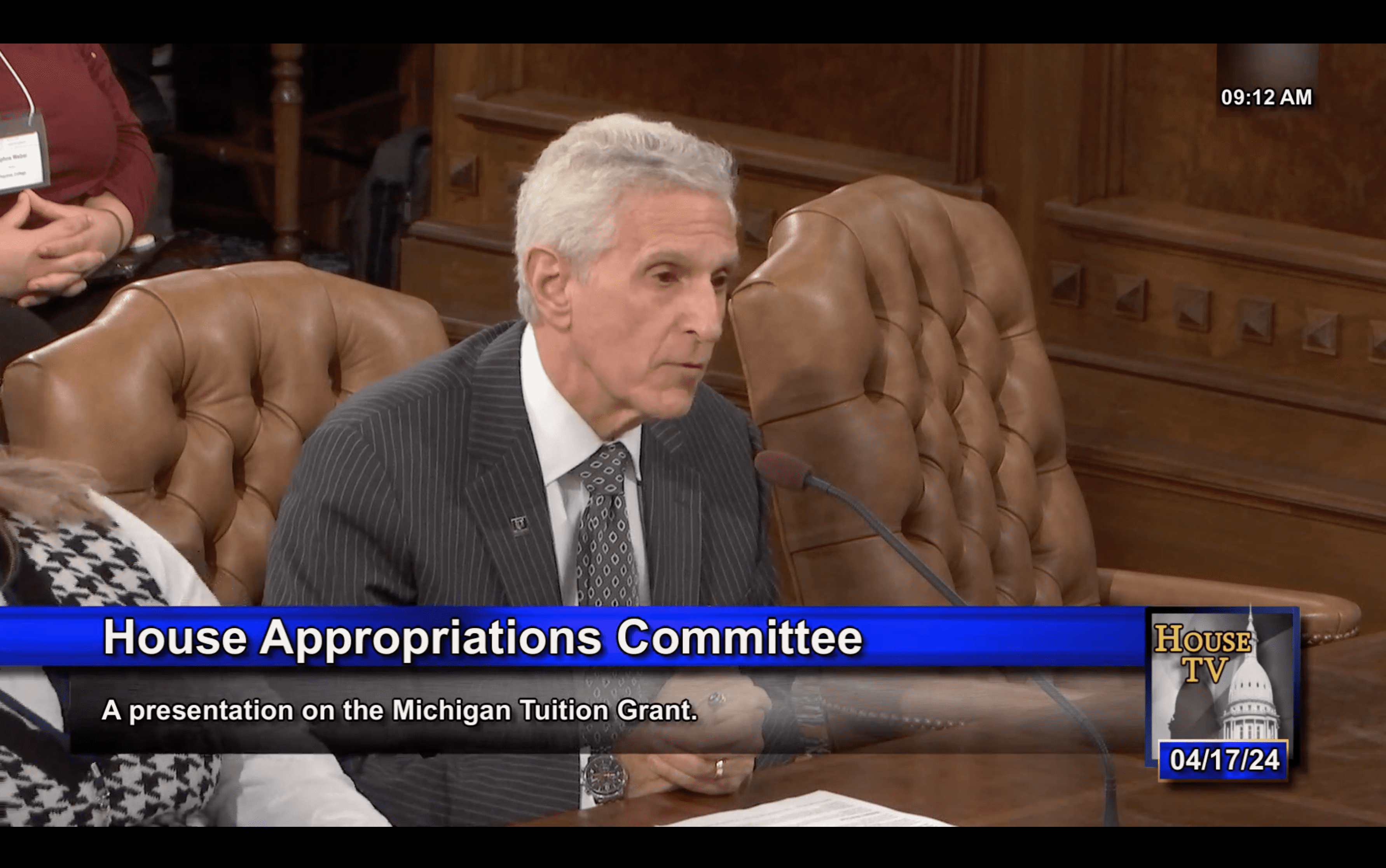
No Responses